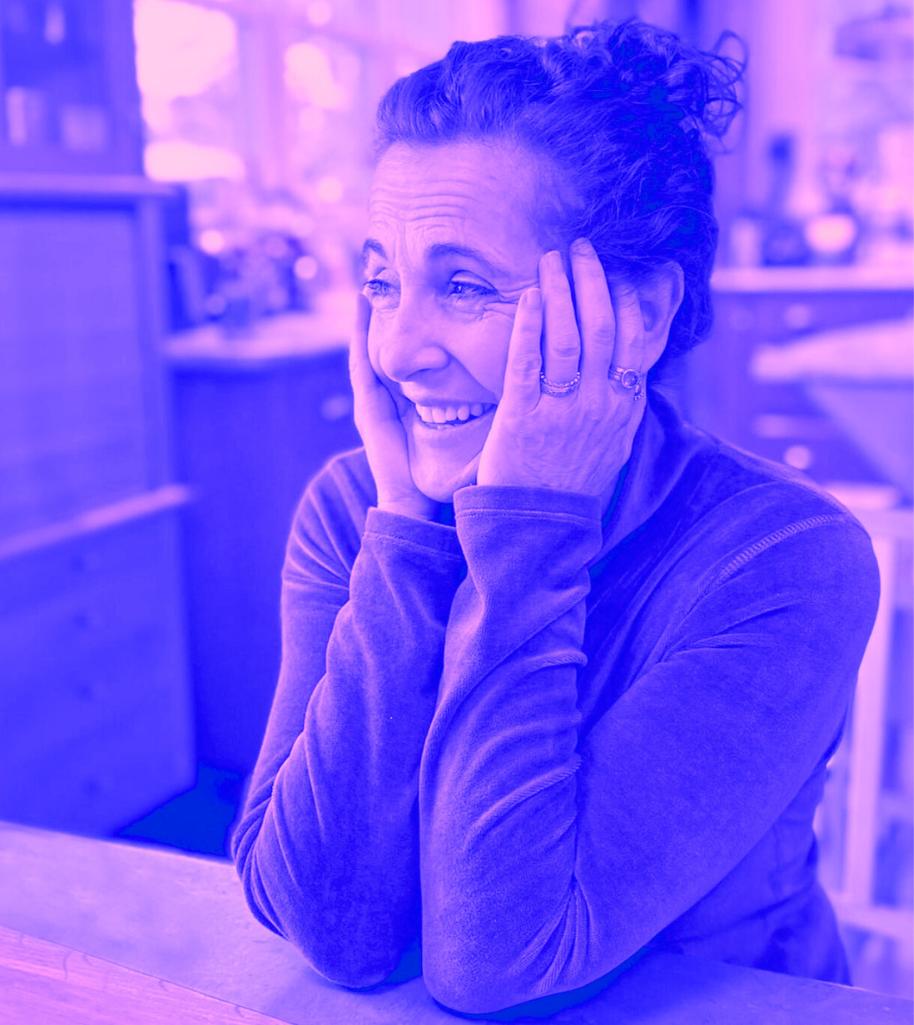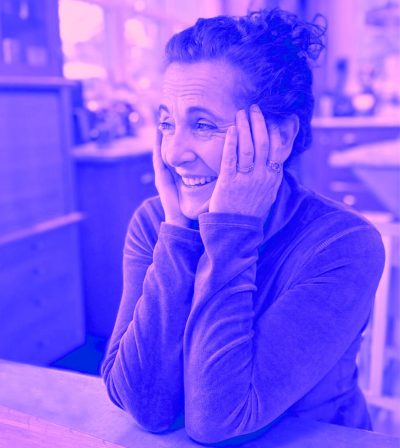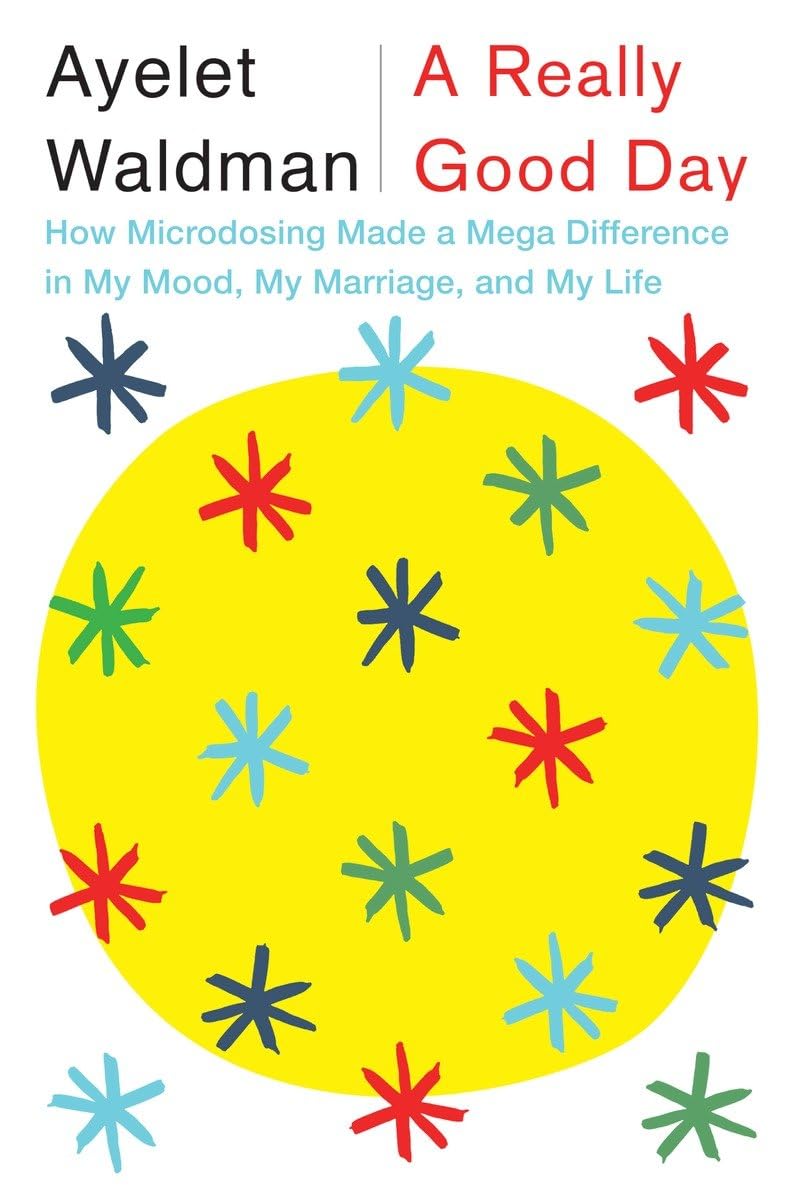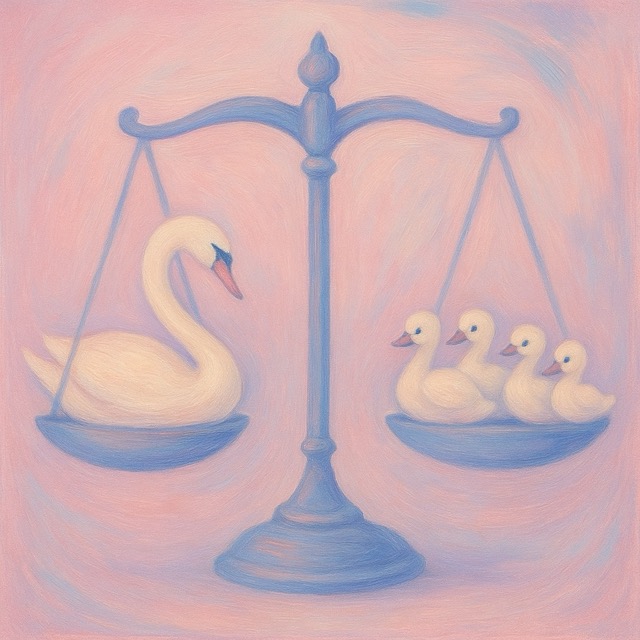Microdosing Moms: Ayelet Waldman and “A Really Good Day”

Ayelet Waldman, a renowned author and former federal public defender, has garnered attention for her candid and often provocative exploration of personal and societal issues. In her memoir A Really Good Day, she unveils her experience with microdosing LSD to manage mood disorders, offering readers a compelling narrative that intertwines personal anecdotes with a broader discussion on the therapeutic potential of psychedelics. This article explores Waldman’s journey, her motivations for microdosing, and how it has influenced her life as a mother.
Who is Ayelet Waldman?
Ayelet Waldman is an acclaimed author, essayist, and former federal public defender known for her forthright and often provocative writing. Born in Jerusalem and raised in Montreal and New Jersey, Waldman has a diverse background that enriches her work. She attended Wesleyan University, Harvard Law School, and later earned her MFA from the University of Iowa Writers’ Workshop.
Waldman’s writing spans various genres, including memoir, fiction, and non-fiction. Her works include the New York Times bestselling memoir Bad Mother: A Chronicle of Maternal Crimes, Minor Calamities, and Occasional Moments of Grace, which offers an unflinching look at the challenges and judgments faced by mothers. Another notable work is Love and Other Impossible Pursuits, which was adapted into a film starring Natalie Portman. Additionally, she has written the Mommy-Track Mysteries series, blending her legal expertise with engaging storytelling.
In her essays and opinion pieces, Waldman addresses complex issues such as mental health, feminism, and criminal justice reform. Her honest and often humorous approach has garnered a dedicated readership and critical acclaim. Beyond her literary achievements, Waldman is also recognized for her advocacy in mental health awareness and drug policy reform, particularly through her personal exploration of microdosing as detailed in her book A Really Good Day.
A Really Good Day
Ayelet Waldman has gained recognition for her honest and often humorous exploration of personal and societal issues. Her diverse body of work includes memoirs, novels, and essays that tackle complex topics with candor and wit. In her book A Really Good Day: How Microdosing Made a Mega Difference in My Mood, My Marriage, and My Life, Waldman documents her month-long experiment with microdosing LSD to treat a debilitating mood disorder. This memoir not only provides an intimate look at her personal struggles but also delves into the history, science, and potential therapeutic benefits of psychedelics. Her ability to blend personal narrative with broader societal issues has earned her both critical acclaim and a loyal readership.
Waldman’s work often challenges conventional norms and encourages readers to reconsider their perspectives on motherhood, mental health, and drug policy. Her contributions extend beyond writing, as she actively engages in public discourse on these topics, advocating for more compassionate and informed approaches.
Why Microdosing?
Ayelet Waldman turned to microdosing LSD after conventional treatments, including antidepressants and mood stabilizers, failed to alleviate her mood disorders. She was seeking an alternative solution to help stabilize her mood, improve her emotional regulation, and enhance her overall well-being. Microdosing involves taking sub-perceptual doses of LSD, meaning the doses are low enough to avoid the hallucinogenic effects typically associated with the drug. Through this approach, Waldman aimed to boost her productivity, creativity, and emotional balance, ultimately leading to a more fulfilling and stable daily life.
In A Really Good Day, Ayelet Waldman describes how microdosing LSD not only improved her mood but also significantly enhanced her relationships with her family. She reports experiencing increased creativity, better emotional regulation, and a stronger sense of connection with her children and husband. These positive changes made her more present and engaged as a mother and partner.
Normalizing Microdosing
Ayelet Waldman’s exploration of microdosing in A Really Good Day offers a compelling narrative on the potential benefits of psychedelics, particularly in the context of motherhood. Her candid account of how microdosing LSD improved her mood, creativity, and familial relationships challenges conventional views on mental health treatments and drug policies. Waldman’s journey, like other microdosing moms, underscores the importance of exploring alternative therapies and advocating for more informed and compassionate approaches to mental health and drug reform. Through her work, she continues to inspire discussions on the intersection of personal well-being and societal norms.








Responses